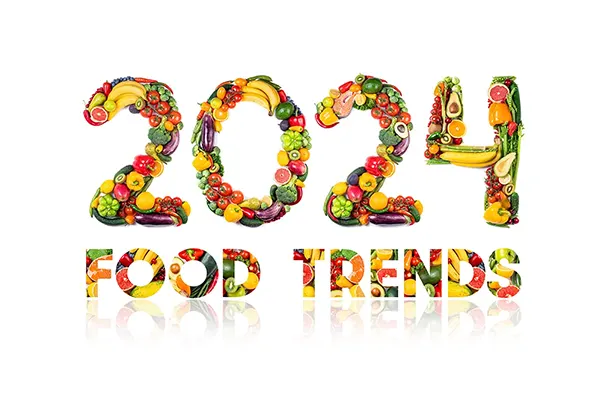We all think it’s normal to feel tired at this time of the year, but have you ever thought that you might be iron deficient? Luckily the solution is simple, you can easily combat deficiency. Read below to find out about the top iron rich foods to add to your diet.
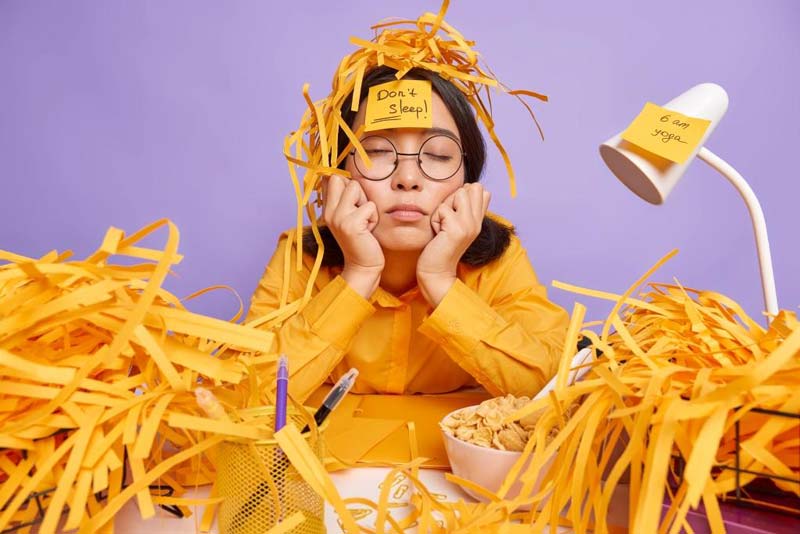
According to the World Health Organization (WHO), iron deficiency is the top nutritional disorder in the world. It estimates that as many as 30% of the UK population are iron deficient.
What is Iron deficiency?
The NHS lists symptoms of low iron as tiredness, lack of energy, shortness of breath, pale skin and noticeable heart palpitations. Less common symptoms include headaches, dizziness, ringing in your ear, hair loss and irritability.
Iron is a mineral found in our body. It is present in our red blood cells and muscles, transporting and storing oxygen around our bodies.
How much Iron do we need?
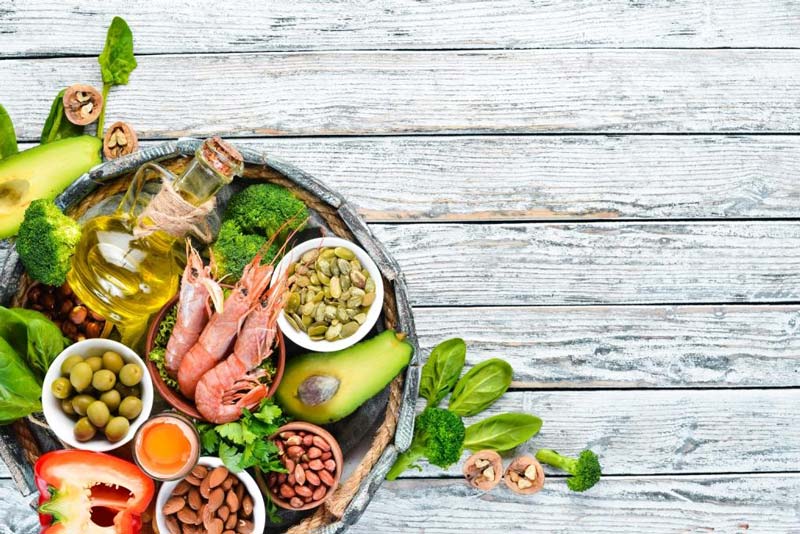
The Recommended Dietary Allowance (RDA) for iron depends on your gender and age. In general men and women need 8mg/day, while pregnant women need 27mg and children need between 7 to 11mg per day depending on their age.
Below is a list of iron-rich foods that can help boost up your iron levels.
Who remembers Popeye and his can of spinach?
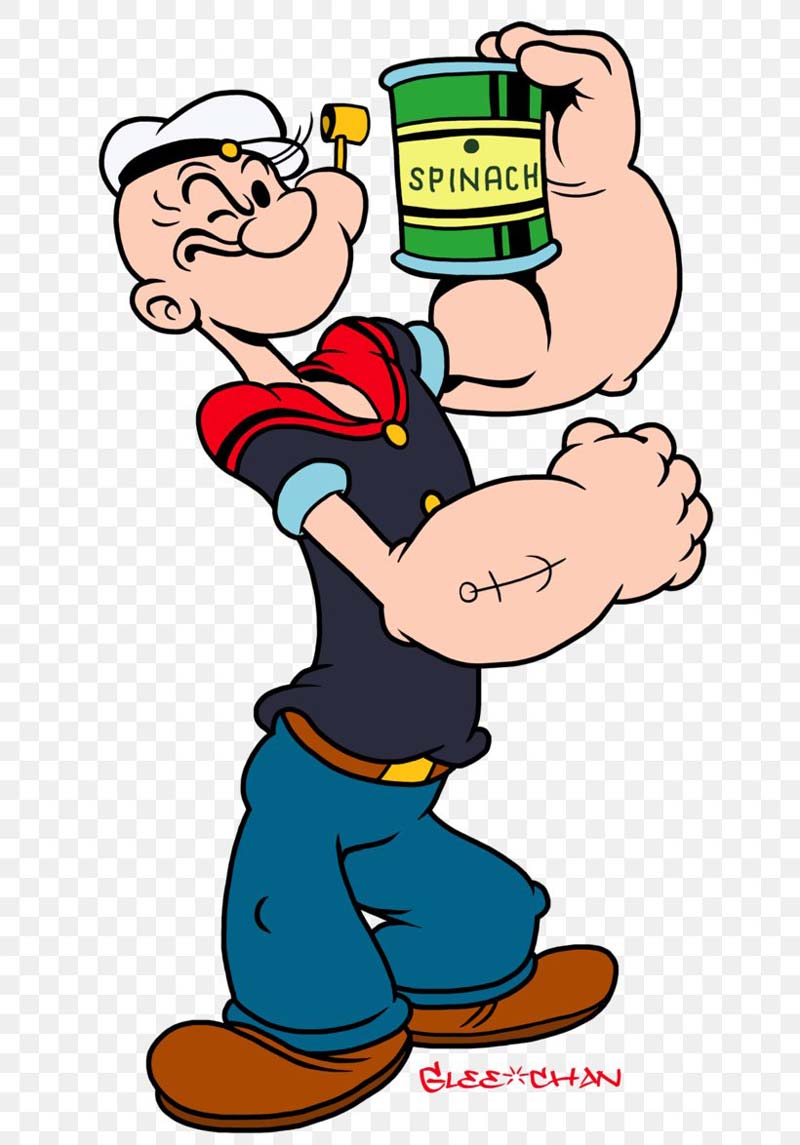
Spinach has long since been associated with iron and we all remember Popeye eating his can of spinach for extra power. 100g of spinach contains 2.7mg of iron. More importantly however, it also contains 28mg of vitamin C which helps iron to be absorbed in our body.
All green leafy vegetables, in fact, are high in iron. Kale and chard are great sources of iron, cook with tomatoes for extra taste and additional absorption.
Don’t fancy a handful of spinach, how about a bowl of olives instead?
Here’s an interesting fact. 100g of olives contains 3.3mg of iron! That’s 25% more iron than spinach. And although you might not fancy eating a handful of raw spinach, a bowl of fresh olives are easy to nibble on and a pleasure to eat.
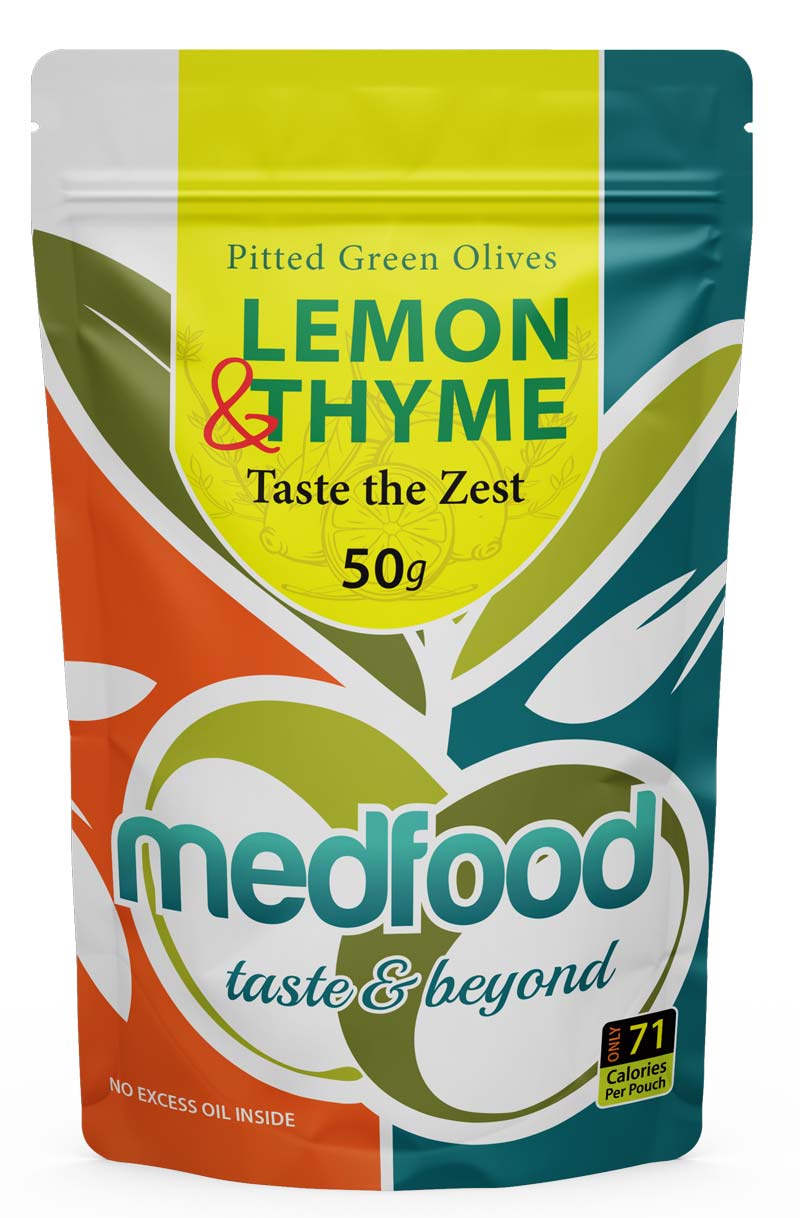
Olives also contain a variety of beneficial plant compounds that lower the risk of heart disease. They are a great source of fibre, contain good fats and are high in vitamin A and E.
So why not take a pack of our snack olives with you as part of your healthy lunch. Each 50g pack contains nearly 10% of your daily iron needs, they are easy to eat with no extra oil and the marinades are just delicious.
Swap your red meats for tofu
Tofu is made with soy beans and 100g contain 5.4mg of iron. Tofu is also a good source of protein, calcium, vitamin B1, manganese and zinc and it is known to control cholesterol.
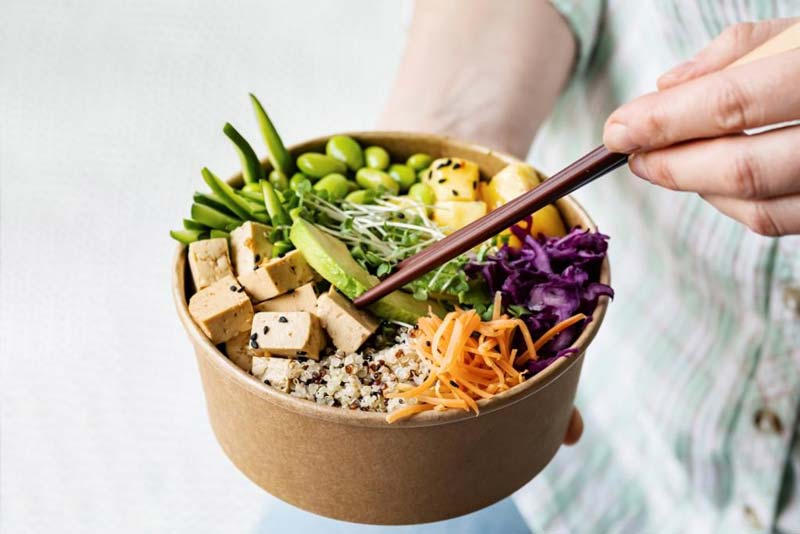
If you still like to enjoy meat then 100mg of red meat provides 2.7mg of iron. Meat is also rich in B complex vitamins, selenium and zinc.
Swap one meaty meal with tofu to boost your iron levels as well as your contribution towards the environment.
Dark chocolate covered nuts – a superhero combination
Dark chocolate may satisfy our taste buds and our sweet tooth, but it also adds to the iron content in our bodies. 100g of dark chocolate contain 6.32mg of iron.
Nuts like pistachios (3.9mg), cashews (6.7mg) and almonds (5.4mg) also contain fantastic amounts of iron. They are rich in proteins, good fats and a range of minerals and vitamins.
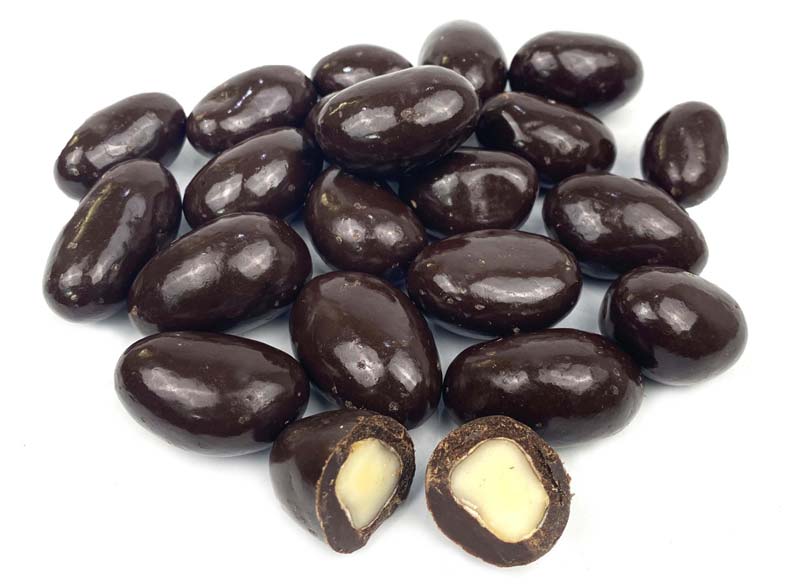
Our dark chocolate covered almonds provide you with a double dose of iron from the chocolate and the almonds. Enjoy in small quantities to satisfy your sweet tooth and boost your iron. Have a look at our dark chocolate range to find your favourite.
We can’t stop talking about our dried fruits
Dried fruits like prunes, raisins and apricots are excellent sources of iron. In fact apricots are iron boosters with 6.3mg per 100g. In addition to iron, dried fruits help digestion, lower cholesterol and keep our bones strong.
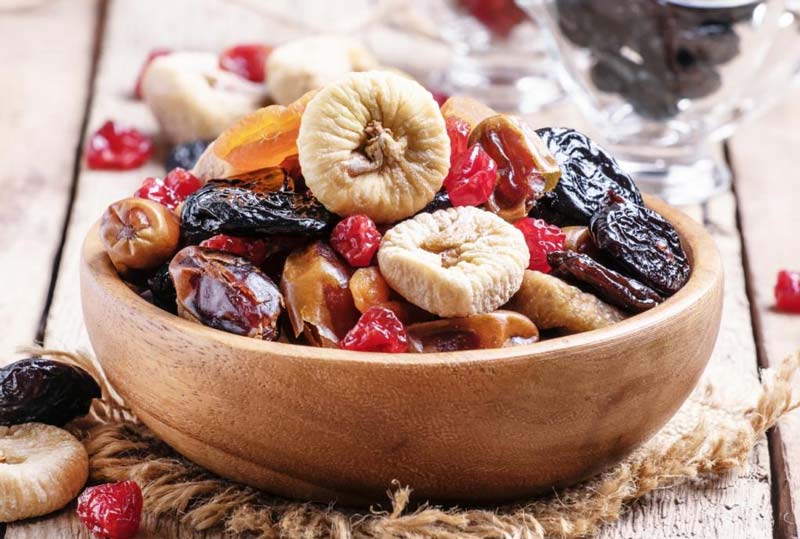
Swap your biscuits and sweet snacks with dried fruits daily to help combat iron deficiency.
We can’t forget pulses and seeds
Legumes like lentils, peas, beans and other pulses are rich in iron. Chickpeas contain 6.2mg while lentils contain 3.3mg per 100g. Pulses are also high in fibre and are excellent at absorbing extra cholesterol.
Seeds are also good sources of iron with pumpkin seeds containing 3.3mg and flaxseeds 5.6mg. Seeds are easy to incorporate into our diet, just sprinkle them on your cereals or salads or nibble seeds for a snack.
Reduce your intake of tea and coffee
Several studies have found that coffee and other caffeinated drinks can reduce iron absorption. One study found that drinking a cup of coffee with a hamburger meal reduced iron absorption by 39%. Drinking tea with the same meal reduced iron absorption by an eye watering 64%. So make a simple change and swap your mealtime hot drink for a glass of water.
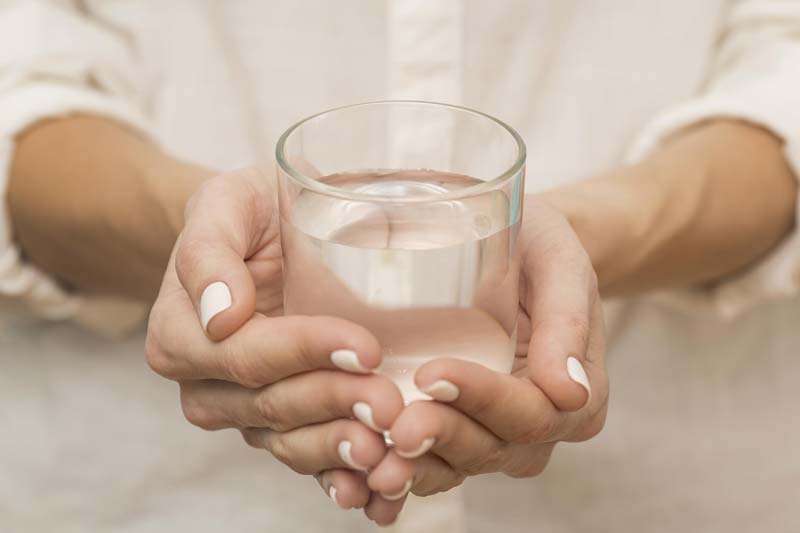
There is a lot to read in this blog, but the message is simple. A healthy diet is a varied, fresh and colourful. Swap empty calories with nuts, seeds and dried fruits to keep you full for longer and to supplement your daily minerals and vitamins.
Add fresh olives and green leafy vegetables to your salads and meals for additional health benefits and finally drink lots of water and get plenty of sleep.
As they say look after your body and your body will look after you.
If you would like to discuss your business needs with us and talk to us about our range of olives, dried fruits and nuts, call our sales team on 020 8965 6528 or contact us for more information.
Photograph attributes
Tofu – Food photo created by rawpixel.com – www.freepik.com
Tired person – Business photo created by wayhomestudio – www.freepik.com
Dried fruits in bowl – Food photo created by timolina – www.freepik.com
Glass of water – Water photo created by freepik – www.freepik.com


